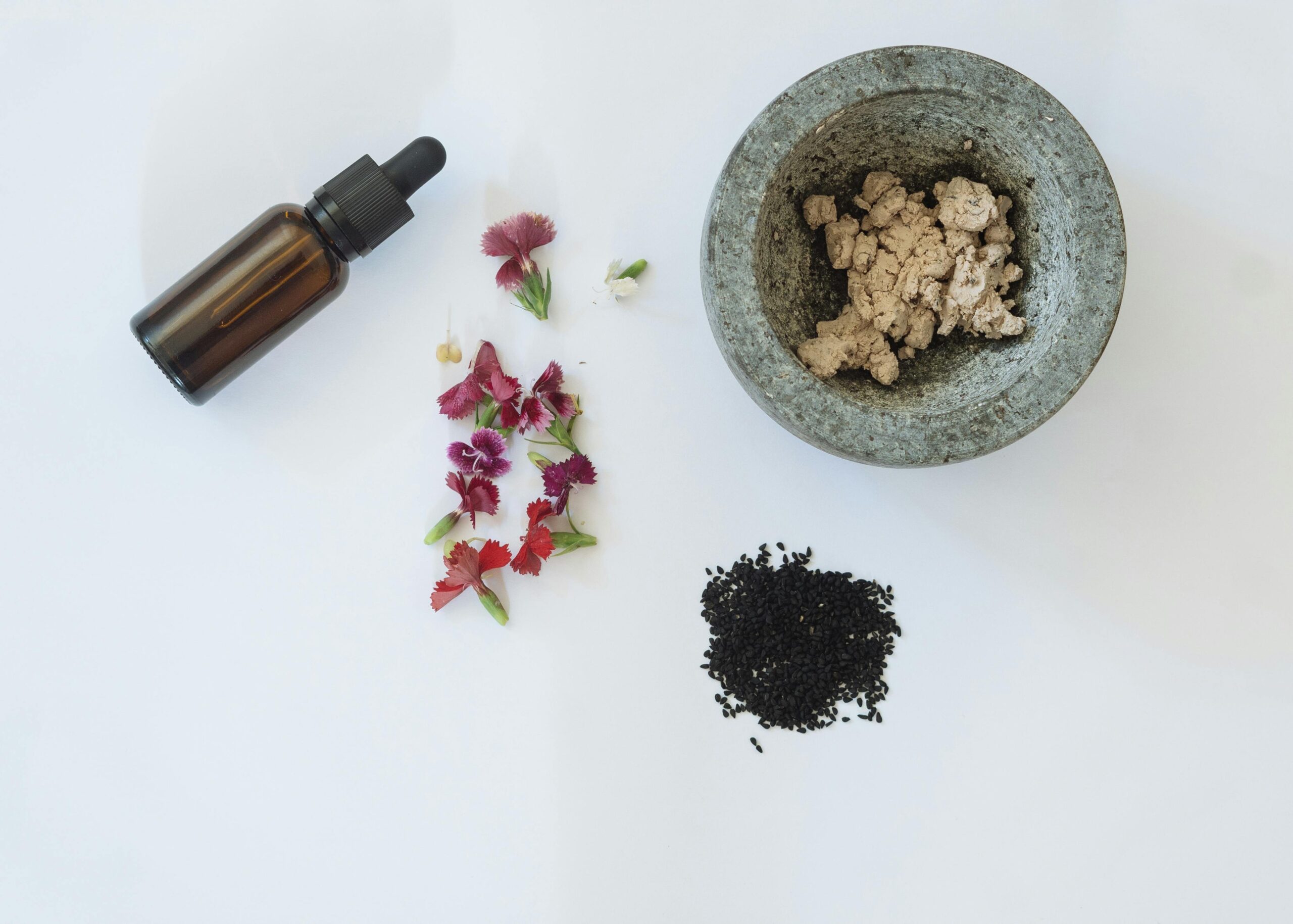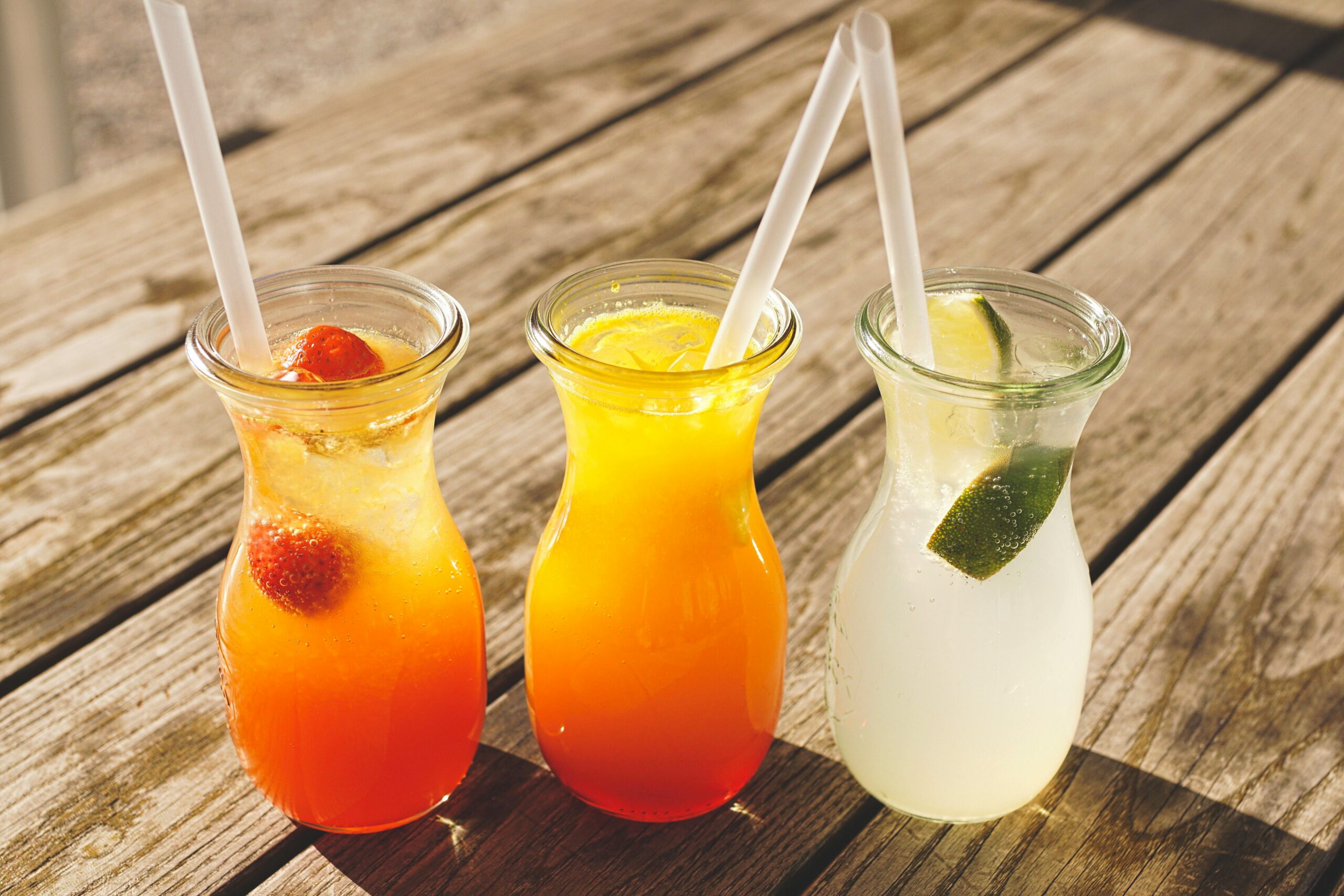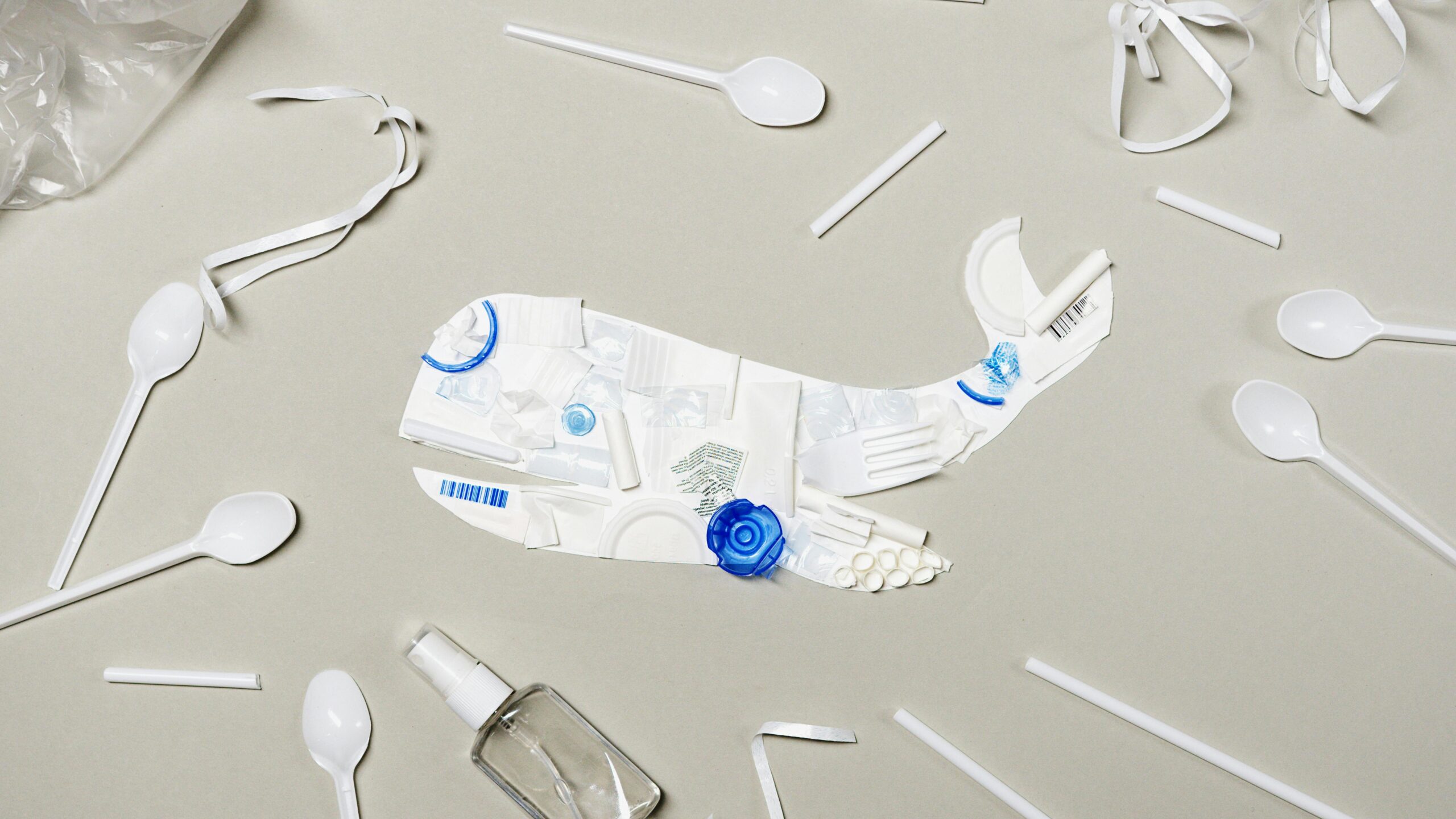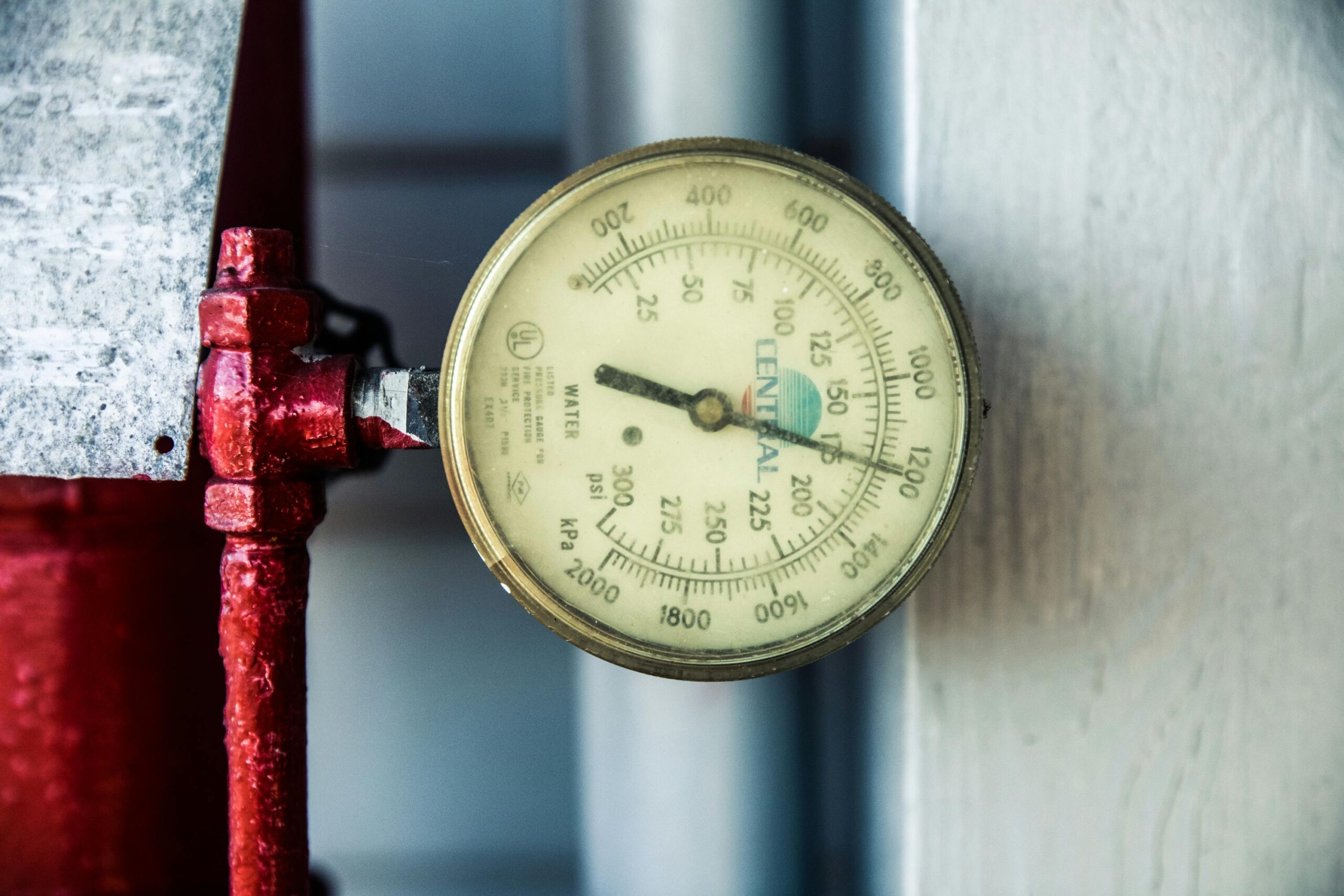Are those exfoliating products you love washing microplastics into the sea?
Many face washes, body scrubs, and toothpastes contain tiny plastic beads that slip past water filters and enter waterways, harming fish, plankton, and marine ecosystems.
The Beach Microplastics Swap invites you to switch just one microplastic-laden personal care item to a natural alternative—like a sugar scrub or oatmeal cleanser—once this week. It’s a tiny habit change that supports Sustainable Development Goal 14: Life Below Water.
Why It Matters
- Up to 200,000 microbeads per drop are rinsed down the drain with every use of exfoliating scrubs (Source: 5Gyres Institute).
- Microplastics: The long legacy left behind by plastic pollution (Source: UNEP).
- Skincare swaps reduce direct pollution at its origin—no fancy filters required.
The Tiny Action: One Product Swap
- Check your products—look for “polyethylene,” “polypropylene,” or “microbeads” in ingredient lists.
- Swap one item—for example, body scrub → coffee grounds; face wash → oatmeal and honey.
- Use only the natural alternative this week—and enjoy guilt-free glowing skin.
- Tell a friend or post: “Switching scrubs—protecting fish!” helps spread awareness.
Caution When Using Natural Alternatives
While natural ingredients are safer for oceans, always consider your skin type and any allergies before switching:
- Do a patch test before using a new ingredient like citrus, honey, or essential oils.
- Avoid using rough natural exfoliants (like sugar or salt) on broken or sensitive skin.
- For face use, opt for gentler textures like oatmeal or rice flour.
- When in doubt, consult a dermatologist, especially if you have sensitive skin or medical conditions.
Natural doesn’t always mean universally safe—make the swap, but make it mindfully.
Why It Works
- Easy to implement: just one switch, one week.
- Instantly effective: you stop plastic microbeads from entering water.
- Mindful buy-in: noticing microplastics leads to more conscious consumer choices.
How It Supports SDG 14
Target 14.1 aims to minimize marine pollution, especially from land-based sources.
By eliminating microplastics in personal care products, you directly reduce the plastic entering water systems and help protect marine life and habitat health.
(Source: UN SDG 14)
Start Small, Save Big
Switching one product may seem minor—but it’s a ripple effect for the ocean.
Take the Beach Microplastics Swap—one scrub at a time, one ocean saved.




